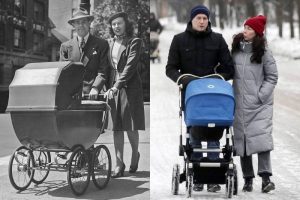The Most Bitter Presidential Feuds of All Time
The President of the United States has an important and consequential job — and while any president needs allies and confidants, they’re also just as likely to have enemies and antagonists.
It isn’t particularly surprising that presidents have had beef with various people throughout history, as it pretty much comes with the territory. Still, these feuds all stand out for being particularly bitter.
Ronald Reagan vs. Jimmy Carter
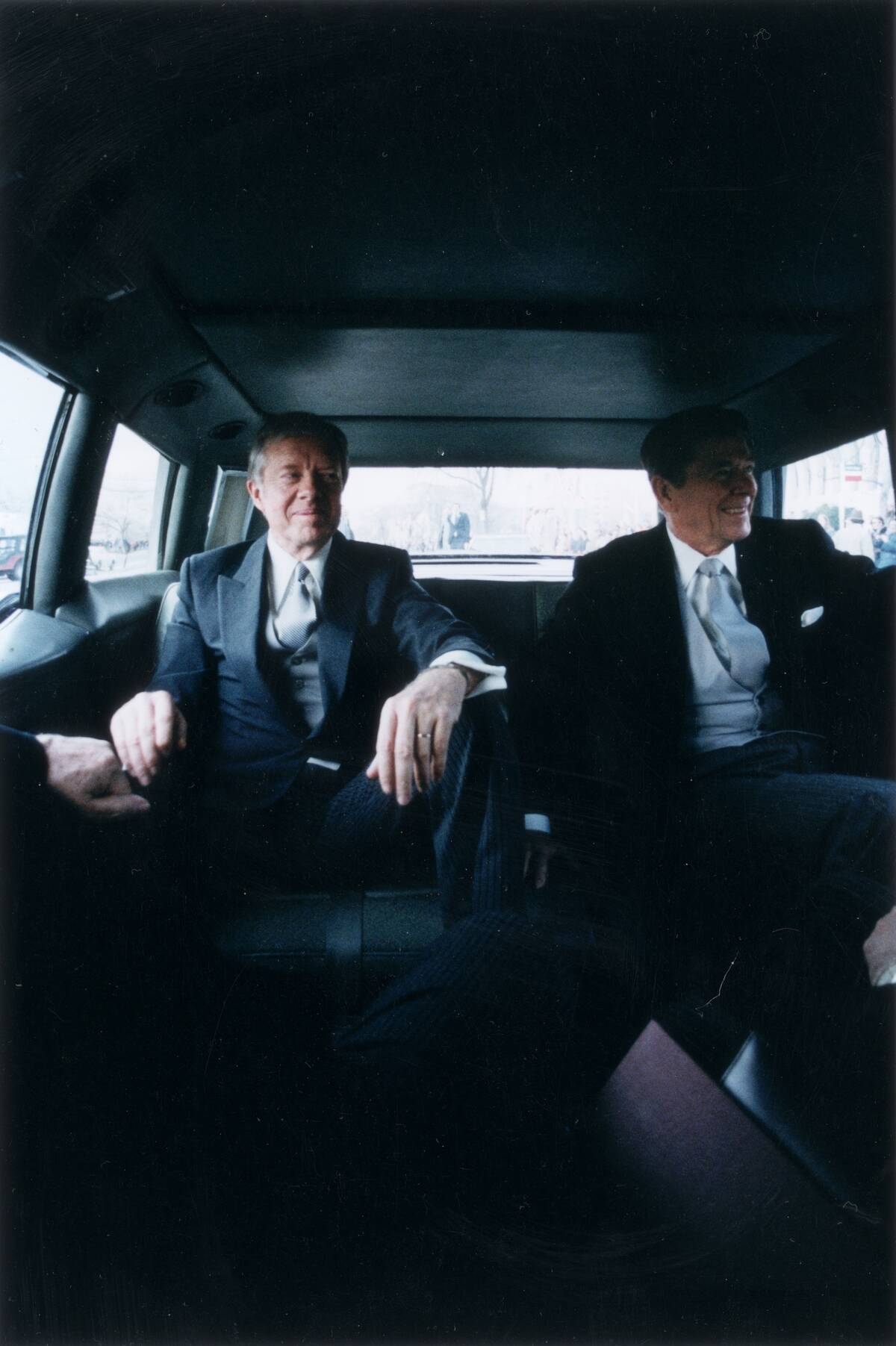
Jimmy Carter was reportedly bitter after losing the 1980 election to Ronald Reagan, and during the transition process, things got a tad testy. Carter reportedly got upset with Reagan during a transition meeting for not paying enough attention or taking notes.
Another issue rose up when Nancy Reagan reportedly requested that the Carters move out of the White House a few weeks before inauguration day to allow the Reagans time to set up the residence to their liking.
Bill Clinton vs. Al Gore
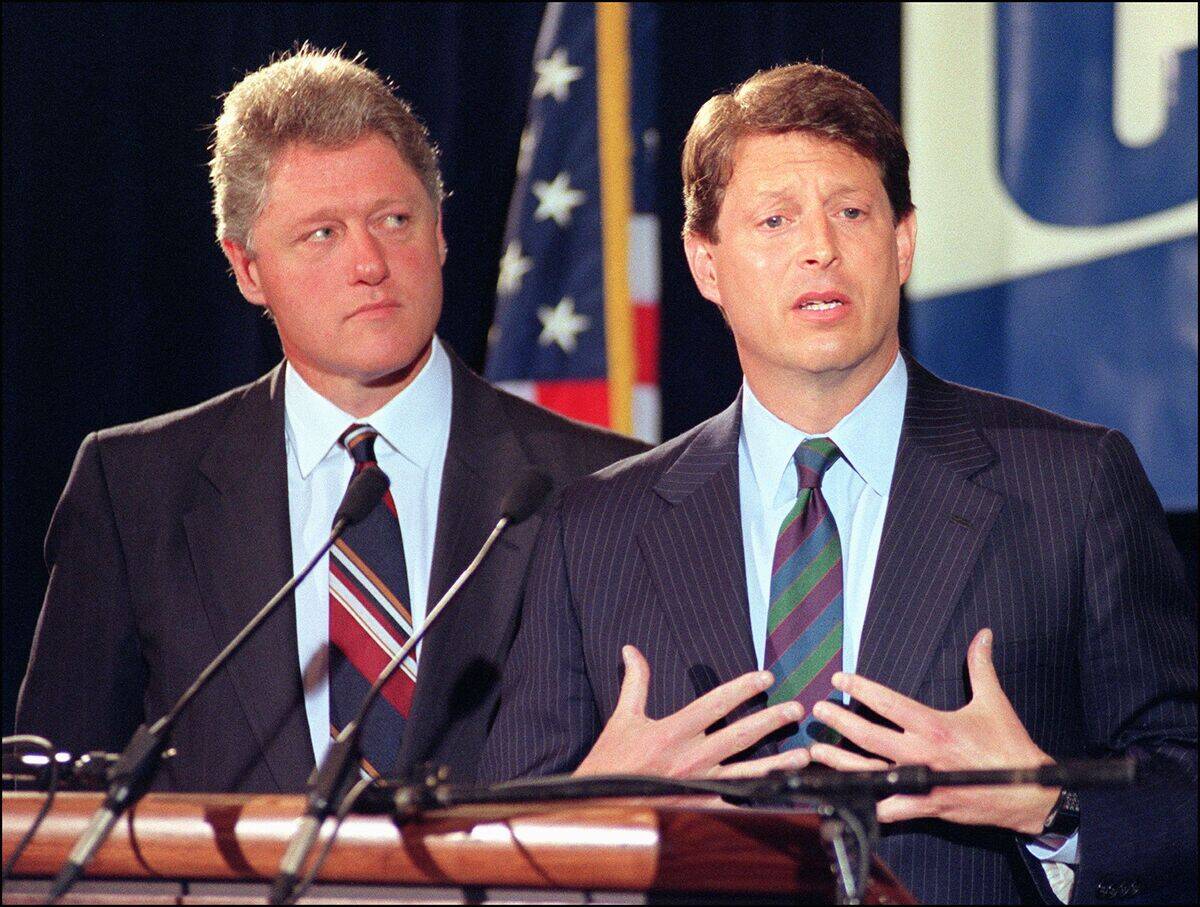
While Al Gore was viewed as a highly competent vice president under Bill Clinton, he reportedly began to resent the involvement of First Lady Hillary Clinton in policy decisions.
Things grew more testy after Clinton’s affair with White House intern Monica Lewinsky. In an interview, Gore said, “Particularly as a father, I felt that it was terribly wrong.” During the final years of the Clinton presidency, insiders reported that their relationship was tense — and by 2001, after Clinton was out of the White House and Gore had lost the 2000 election, the two were barely on speaking terms.
John F. Kennedy vs. Lyndon B. Johnson
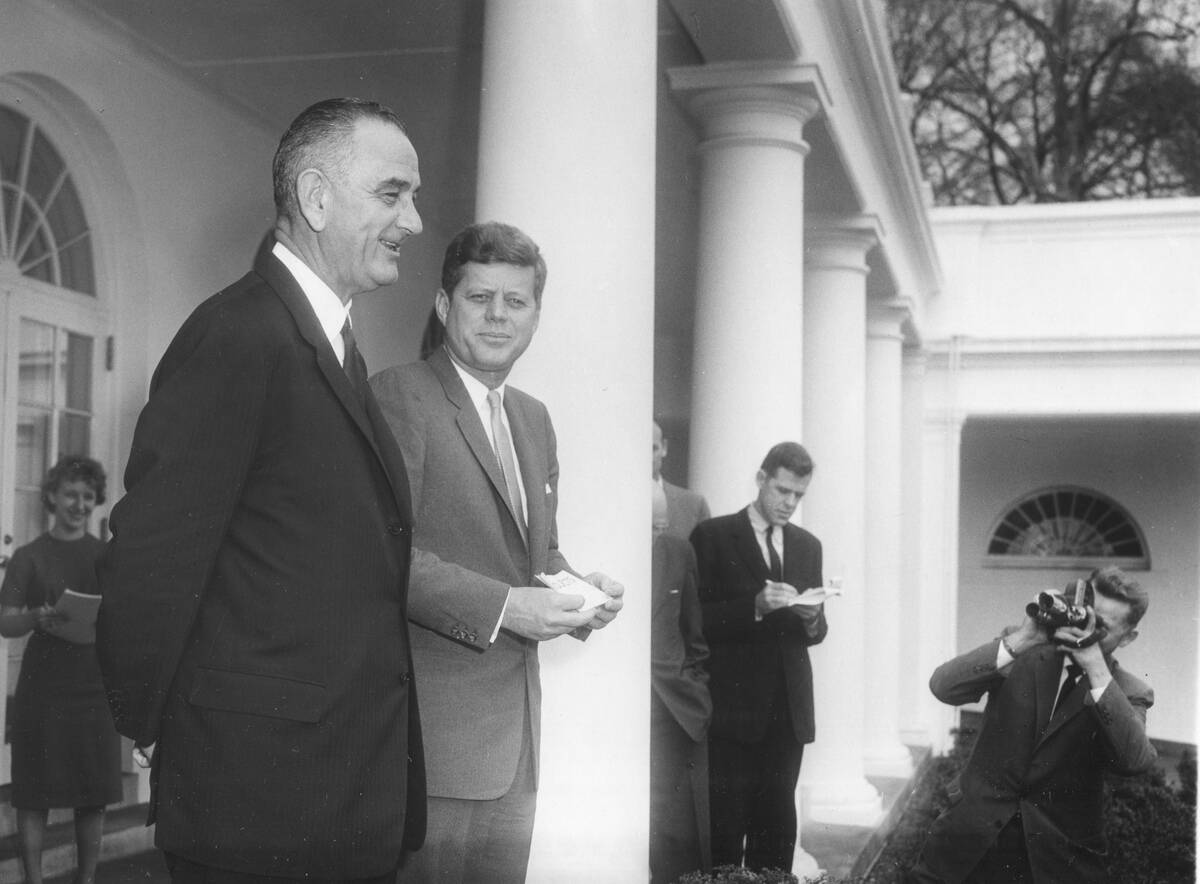
Johnson served as Kennedy’s vice president, but this doesn’t mean the two men saw eye-to-eye. Johnson famously disliked the appointment of Kennedy’s brother Robert as Attorney General, calling RFK, “a snot-nosed little son of a [expletive].”
When Johnson took over the presidency, he signed an anti-nepotism bill into law, seemingly as a direct response to the RFK appointment. “Every time I came into John Kennedy’s presence, I felt like a raven hovering over his shoulder,” Johnson is quoted as saying.
Richard Nixon vs. Lyndon B. Johnson
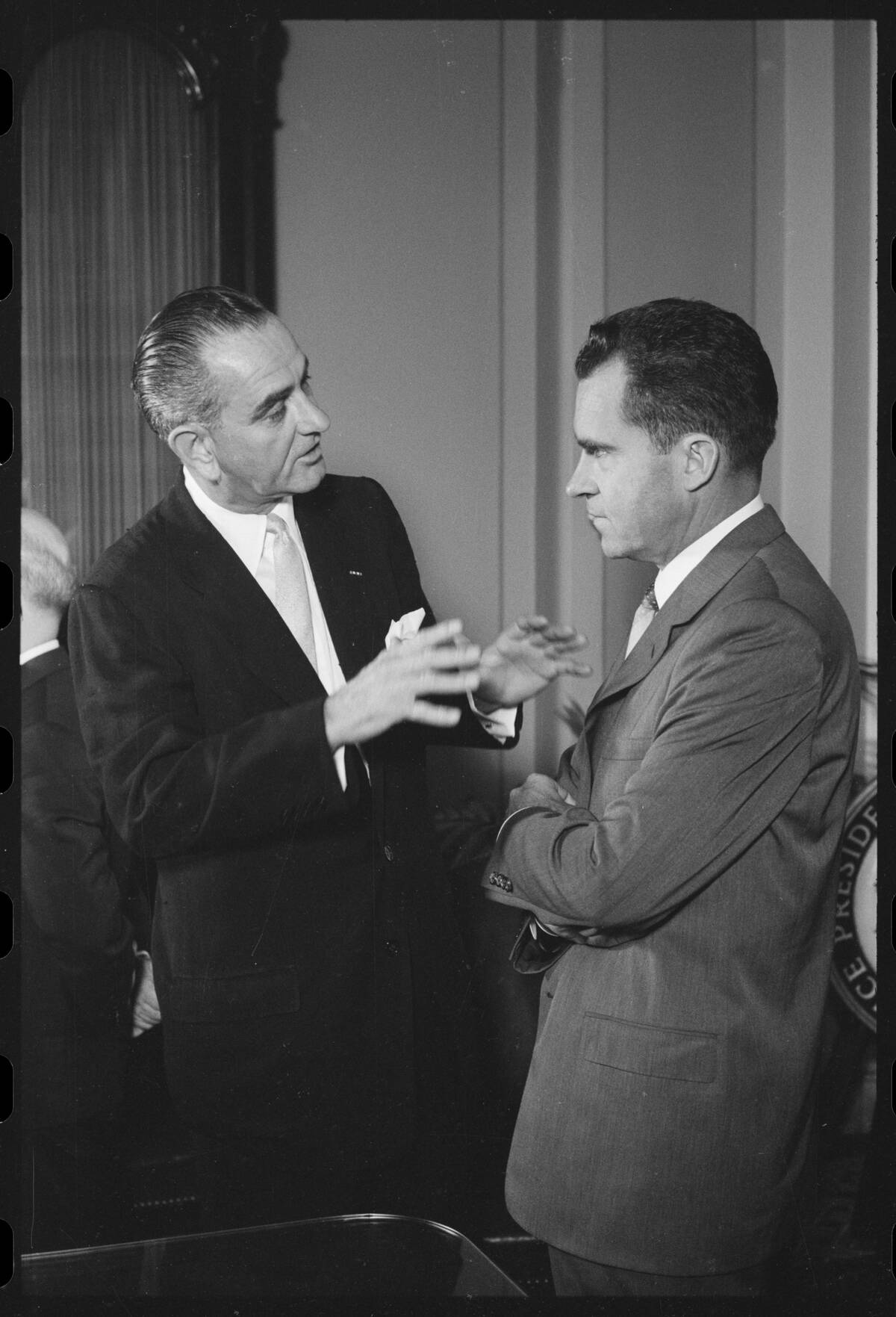
Johnson also had beef with his successor, Richard Nixon — and that’s before Nixon even won the presidency. While Nixon was still running for president, evidence began to emerge that he’d sabotaged Vietnam peace talks, believing that he couldn’t win the election if peace was achieved under Johnson’s watch.
Nixon’s backroom dealings, in which he tried to convince South Vietnamese forces that he’d get them a better deal once elected president, made Johnson furious. In a tape recording, Johnson said that Nixon was treasonous and had “blood on his hands.”
Richard Nixon vs. Spiro Agnew

Spiro Agnew is best know as Richard Nixon’s vice president, but a closer look at the Nixon-Agnew White House reveals that the two men were hardly friends. Nixon reportedly wanted to replace Agnew during his 1972 campaign for re-election, but grudgingly kept him on board because of Agnew’s popularity with conservative voters.
Agnew’s role in the White House was described by one of his biographers as “nonexistent.” Agnew eventually resigned in 1973 after an investigation into tax invasion, Nixon’s presidency came to an end with the Watergate scandal, and the two men never spoke again.
Harry Truman vs. Dwight Eisenhower
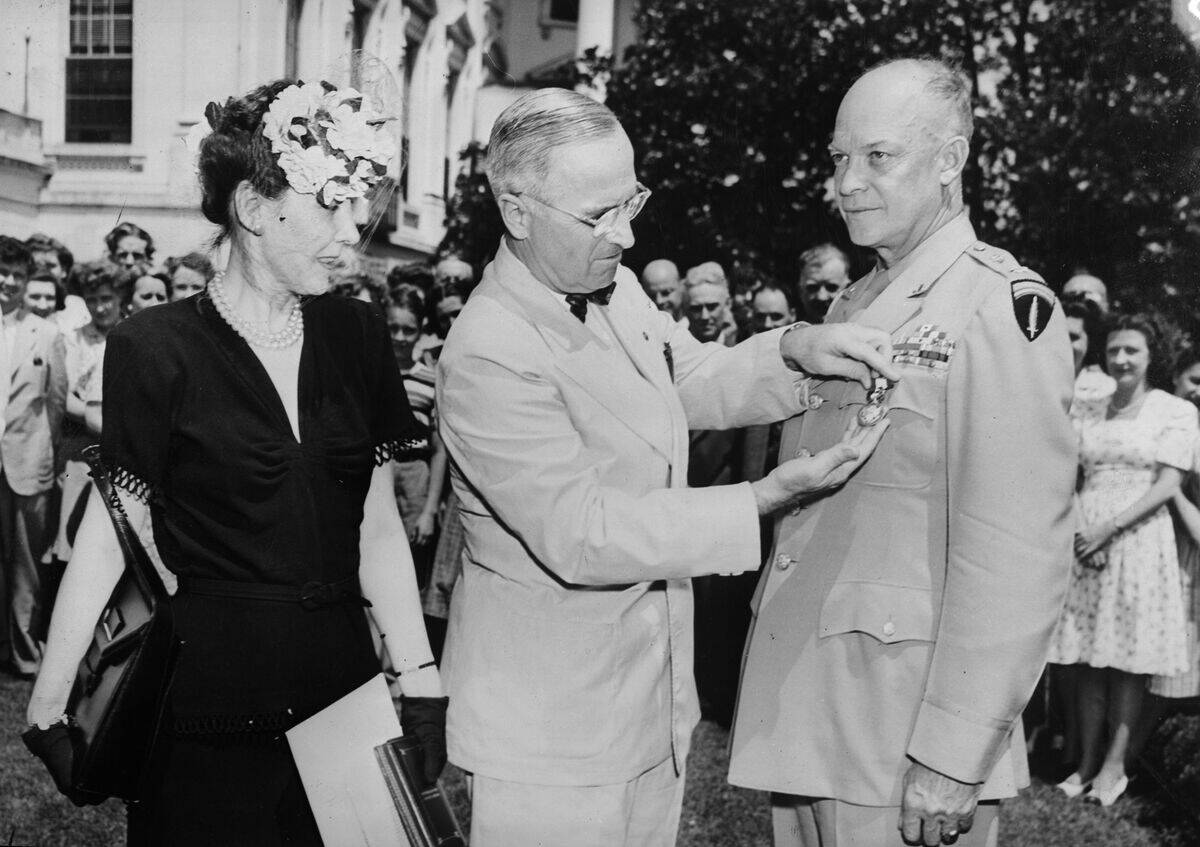
Truman and Eisenhower both played major roles in World War II geopolitics, and as such were on friendly terms. That all changed, however, when Eisenhower decided to run as a Republican for president in 1952.
Truman, a Democrat, opted to support Eisenhower’s opponent, Adlai Stevenson, and launched a series of personal attacks at Eisenhower in the press. Though Eisenhower didn’t really respond, Truman archivist Samuel W. Rushay Jr. wrote, “Eisenhower, a relative newcomer to presidential politics, took Truman’s campaign attacks personally and was bitter about them for years.”
Richard Nixon vs. Dwight Eisenhower
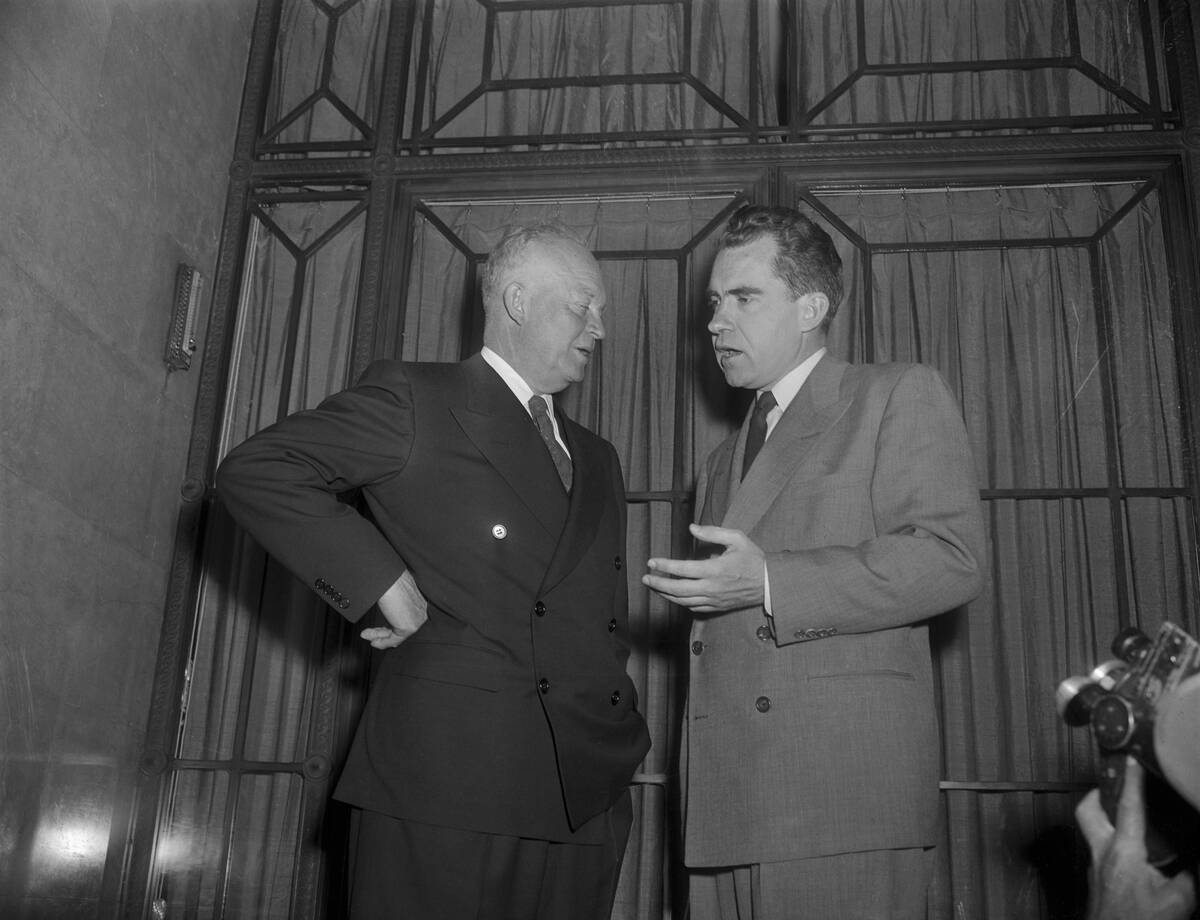
Richard Nixon’s first stint in the White House came as Dwight Eisenhower’s vice president, and in public, Nixon demonstrated loyalty to Eisenhower. But behind the scenes, the two reportedly squabbled over just about everything. Nixon supported sending U.S. troops to Vietnam and de-segregating public schools, while Eisenhower was opposed to both.
In 1960, Eisenhower was reportedly asked to name a major contribution Nixon had made to his administration, replying, “Well, if you give me a week, I might think of one.” Years later, Nixon’s daughter Julie would marry Eisenhower’s grandson David.
Herbert Hoover vs. Franklin D. Roosevelt
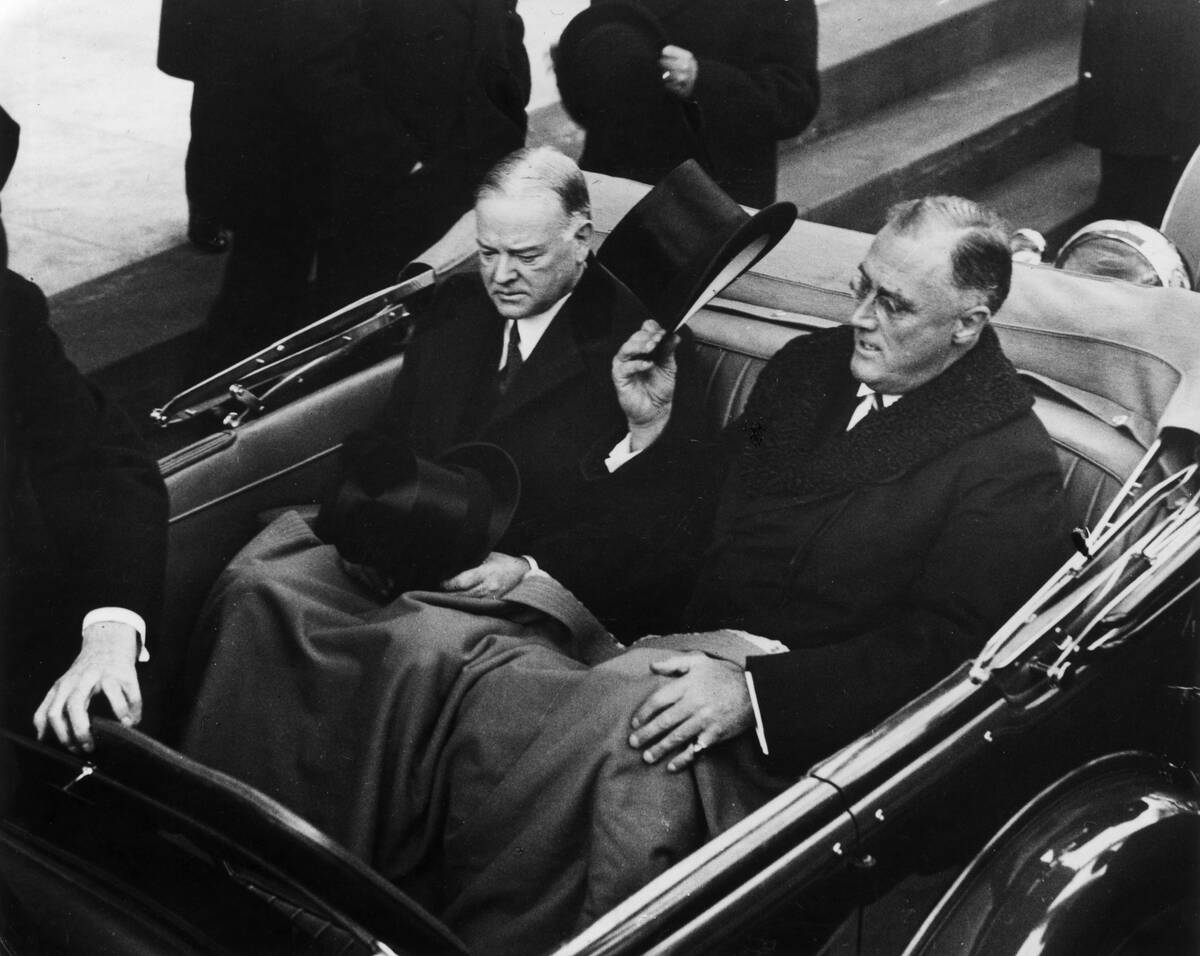
The Great Depression was an incredibly difficult time for Americans, and as such, the 1932 election was mostly a debate on how to alleviate the issue. The incumbent president, Herbert Hoover, had become unpopular for his policies, so his challenger, Franklin D. Roosevelt, went on the offensive.
Most presidential races feature at least some level of decorum, but it seems the gloves were off from the start in the Hoover versus Roosevelt election of 1932. Hoover called Roosevelt a “chameleon on plaid,” while FDR fired back by calling Hoover a “fat, timid capon.”
Franklin D. Roosevelt vs. John Nance Garner
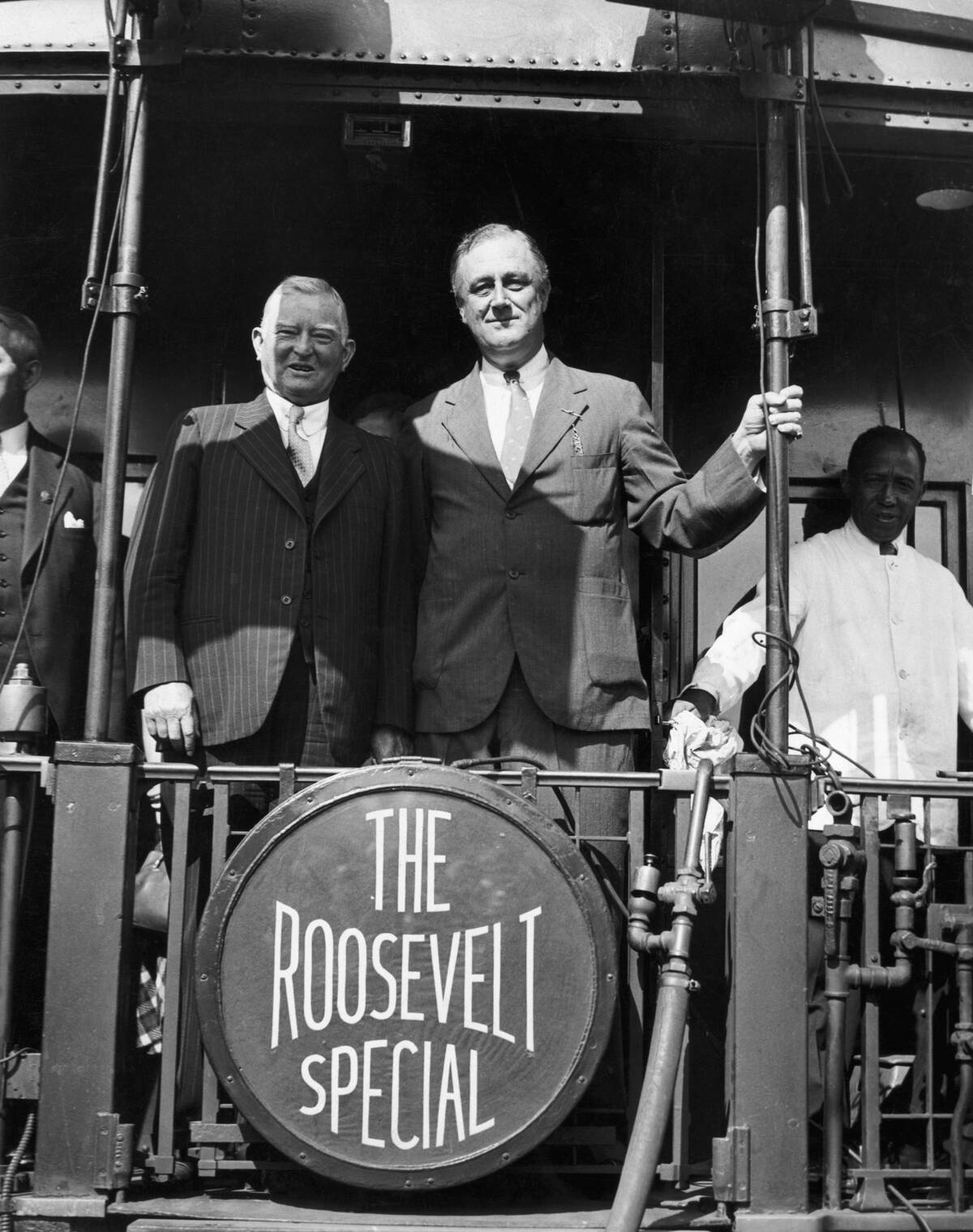
Garner served as Roosevelt’s vice president, but as an anti-union conservative, he consistently butted heads with Roosevelt over the latter’s New Deal reforms.
Roosevelt ran for a third time in 1940, and this time, Garner opted to run against him for the Democratic ticket. Roosevelt won the nomination and was later elected to a third term as president — this time with Henry A. Wallace rather than Garner as his vice president.
Andrew Johnson vs. Ulysses S. Grant
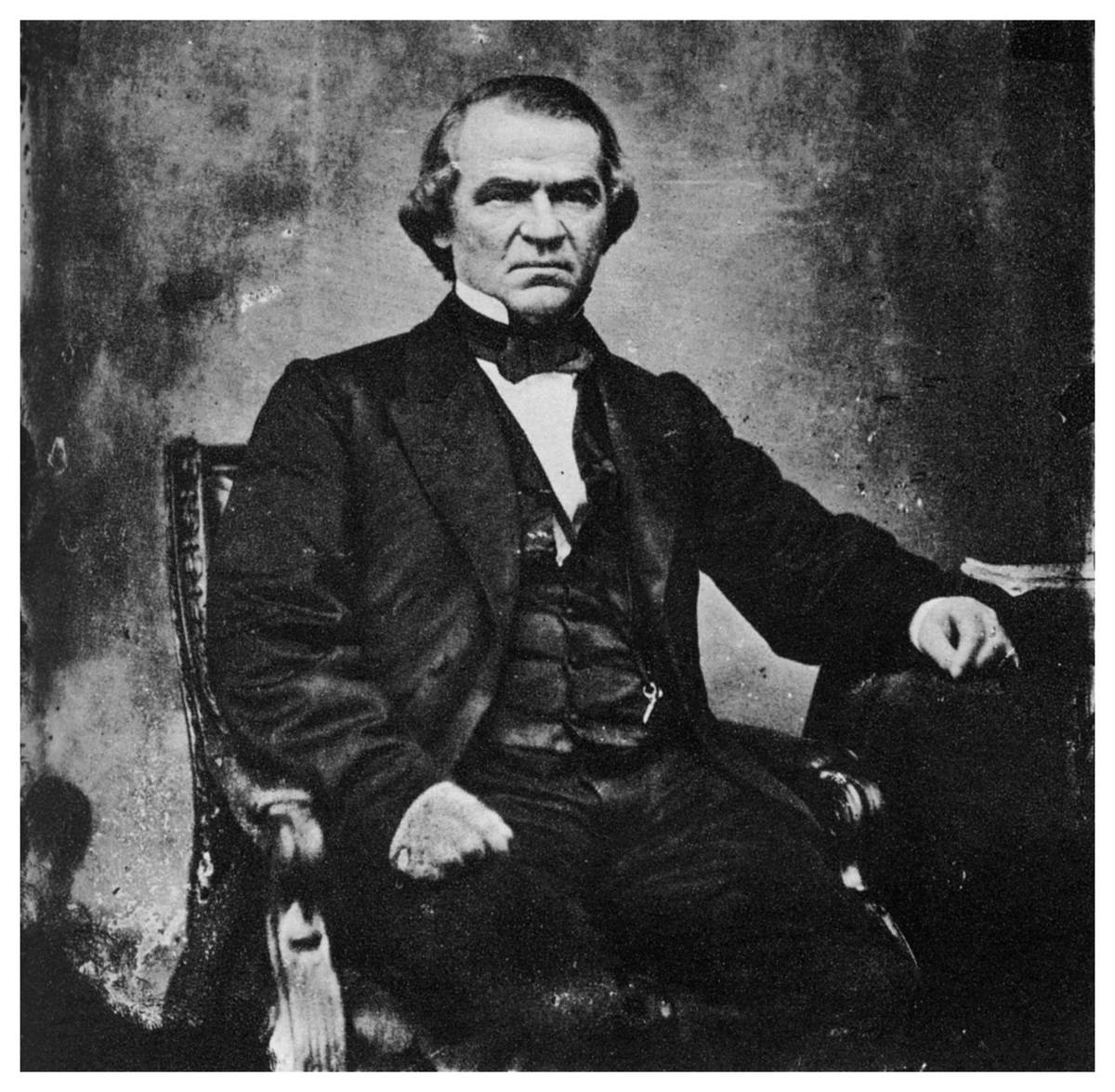
Johnson took over the presidency following the assassination of Abraham Lincoln, but was ousted in his first election by Civil War hero Ulysses S. Grant. The two men had significant disagreements regarding Reconstruction policies, and this difference of opinion soon escalated into a full-blown feud.
Tradition dictated that the outgoing president would ride in the same carriage as the president-elect en route to his inauguration — but Grant disliked Johnson so much that he refused to have him ride in the carriage. Johnson responded by refusing to attend the ceremony.
Richard Nixon vs. John F. Kennedy
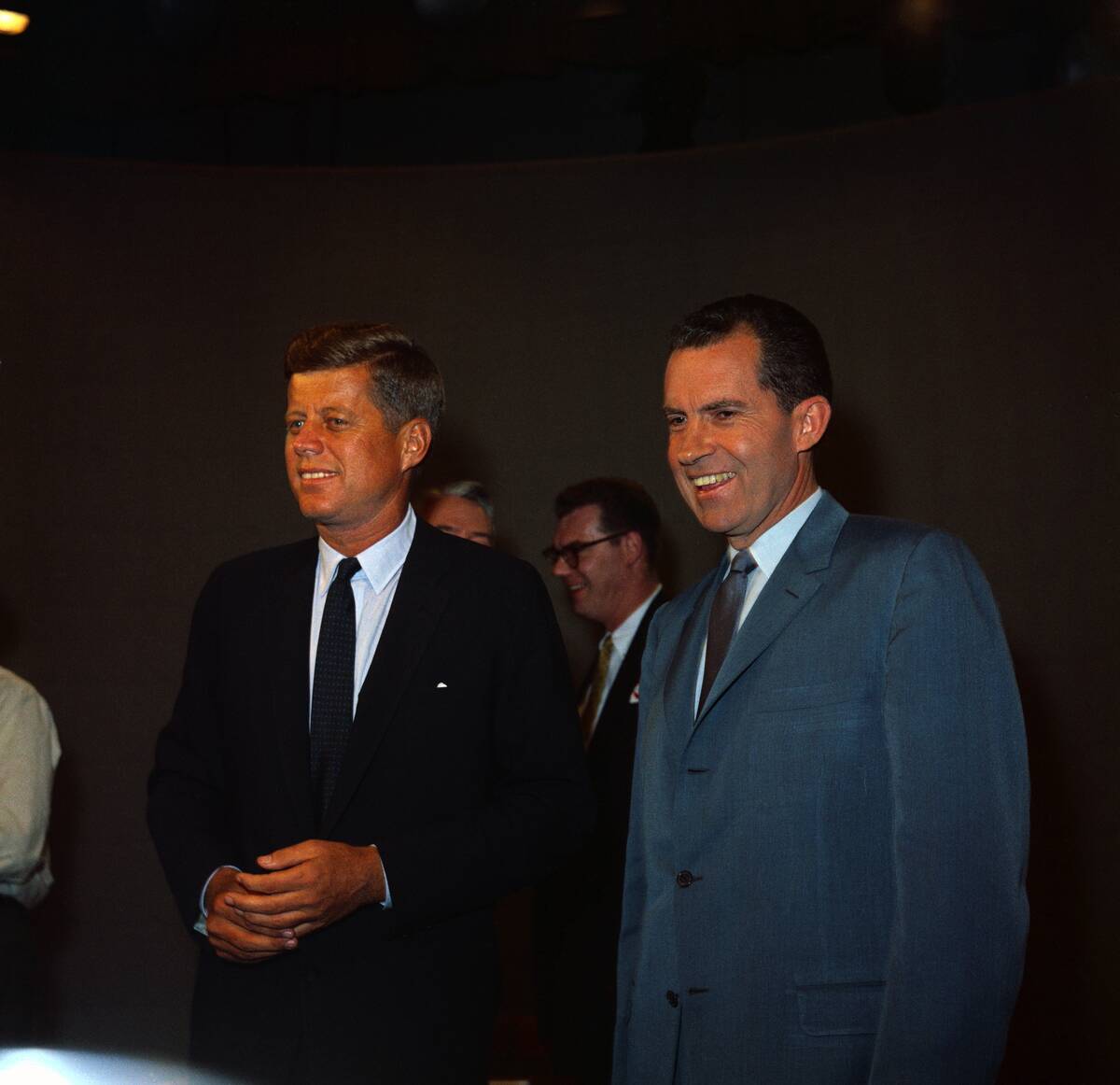
The general public’s first view of the JFK versus Nixon feud came during the 1960 presidential debates, the first to be televised. In the broadcast, Kennedy appeared confident and handsome while Nixon looked sickly and unprepared.
Kennedy went on to win the election, while Nixon privately fumed. In the years and decades since, biographers and recordings have shown that Nixon harbored an intense dislike of not only John F. Kennedy, but Robert F. Kennedy as well.
Abraham Lincoln vs. Stephen A. Douglas
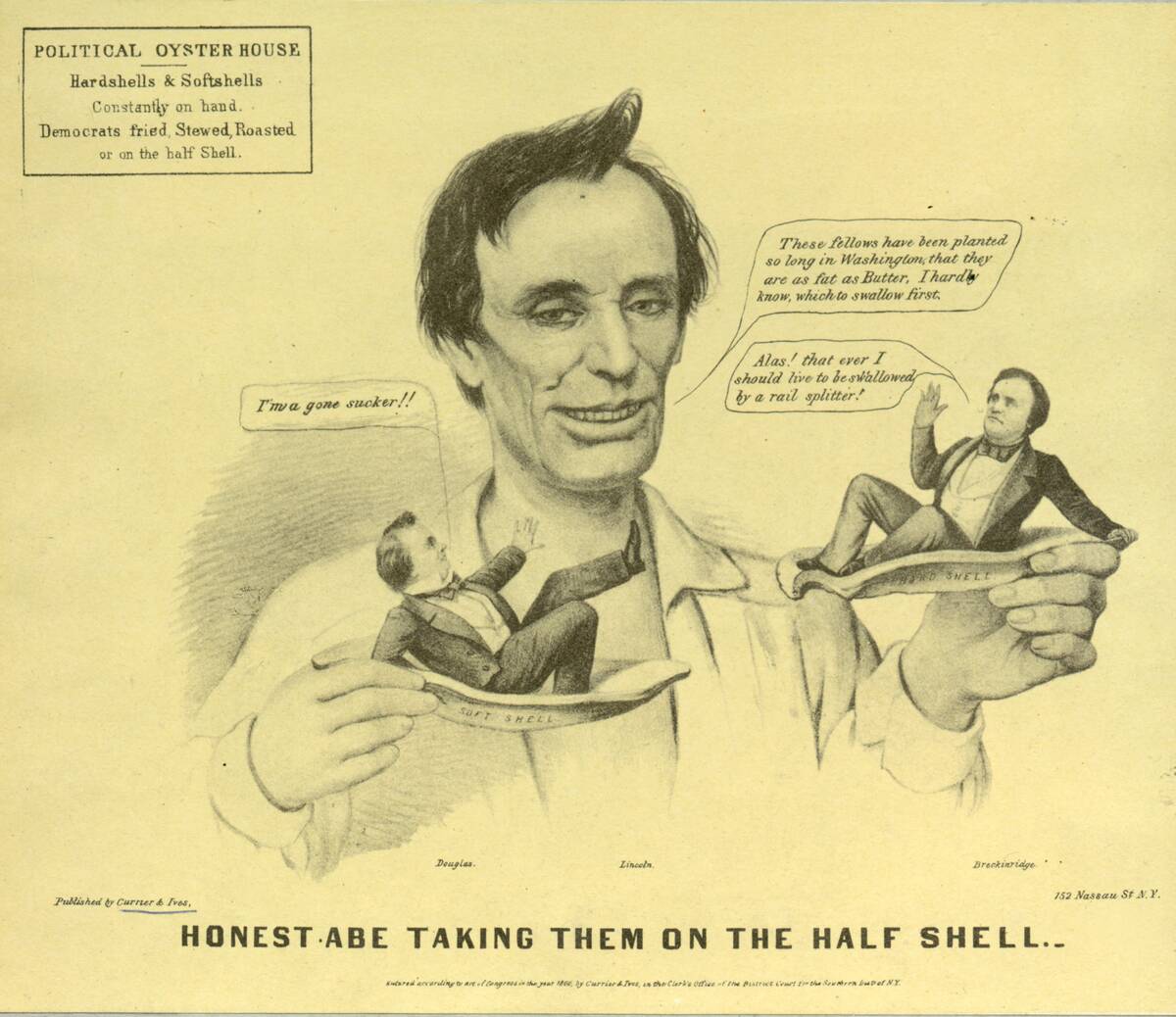
A century before the famous JFK/Nixon debates, the Lincoln/Douglas debates of the 1858 Illinois Senate Race captivated political junkies. The debates were mostly focused on states’ rights and slavery. Douglas wound up winning the Senate seat, setting up another battle in 1860 when both men ran for president.
During the election, Douglas accused Lincoln of favoring racial equality, which was a particularly dangerous stance at the time. Lincoln fired back by saying that slavery was morally wrong, though he stopped short of advocating for full racial equality. The election not only deepened their personal rivalry, but it also helped to draw the battle lines for the Civil War.
John Quincy Adams vs. Andrew Jackson
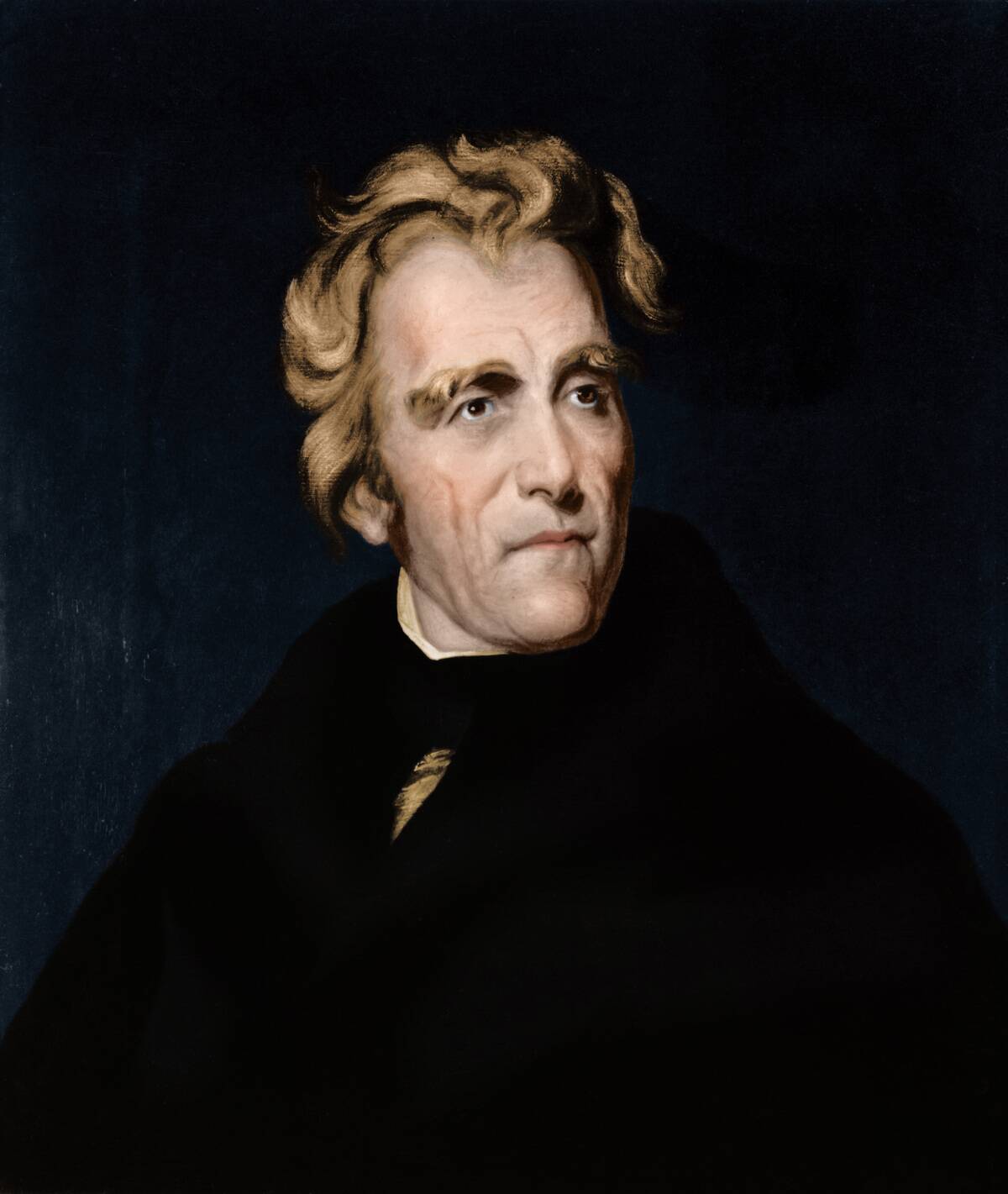
The 1824 presidential election pitted John Quincy Adams — the eventual winner — against Andrew Jackson. The prevailing sentiment was that Adams had engaged in unethical backroom deals to secure the presidency, and things only turned more sour from there.
Four years later, Jackson ran against Adams once more. The media and the supporters of the two men gleefully engaged in mud-slinging, calling Adams a “pimp,” and calling Jackson’s wife derogatory and sexist terms. When Jackson won the presidency, it’s claimed that his supporters stormed the White House, forcing Adams to quickly escape.
John Adams vs. Thomas Jefferson
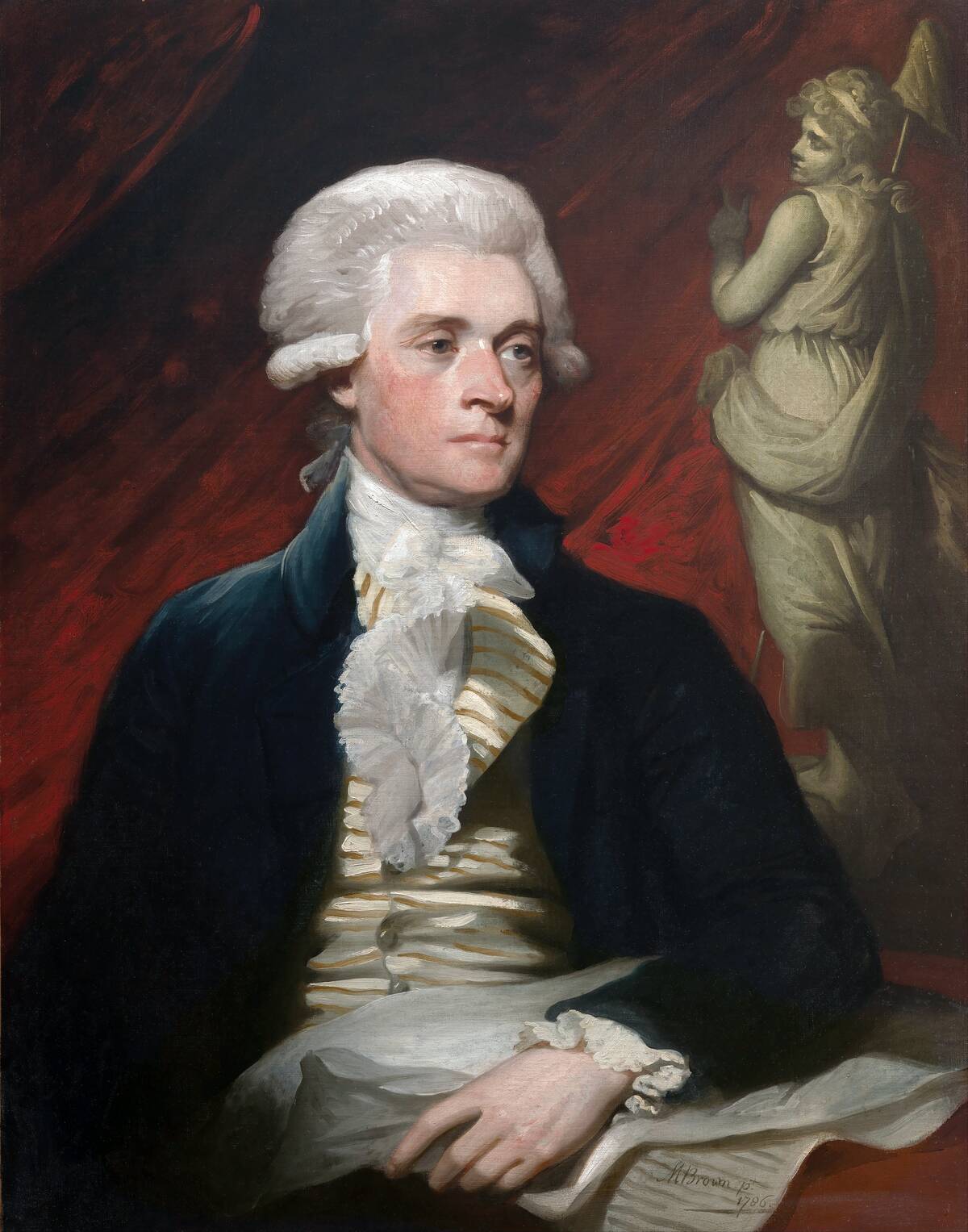
Adams and Jefferson were both among America’s Founding Fathers, and as such had a relationship that was mostly cordial early on. However, after George Washington — the country’s first president — opted not to seek a third term, Adams and Jefferson evidently turned on each other.
Adams wound up beating Jefferson for the presidency, but four years later, Jefferson ran again — and this time, he beat Adams. This angered Adams so much that he left Washington and skipped Jefferson’s inauguration. The two men iced each other out for years, but did reconcile shortly before their deaths.
Theodore Roosevelt vs. Mark Twain
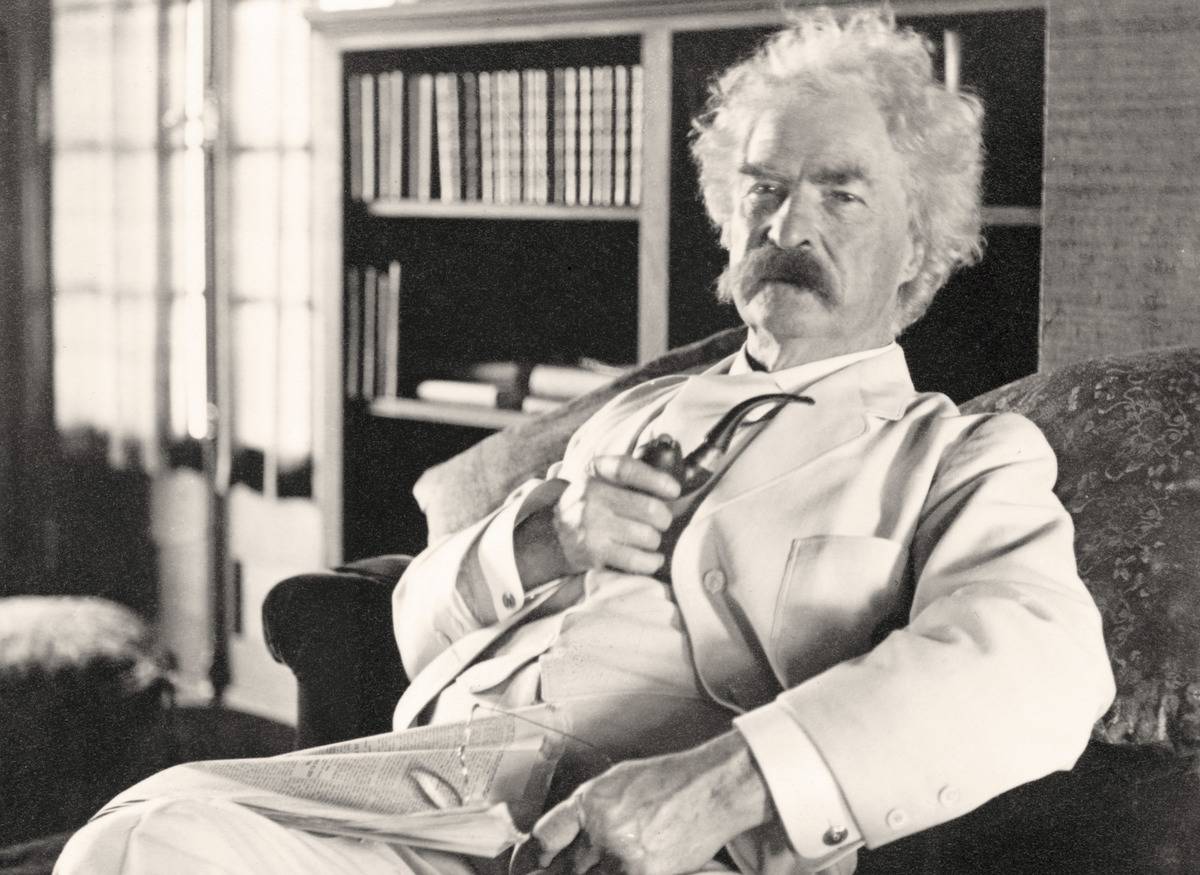
Our final presidential feuds pits a president against someone who was not even a politician — revered author Mark Twain. Twain made a habit of sharing commentary about each outgoing president — generally only a few sentences of fairly high praise. However, the author did not hold back when assessing Teddy Roosevelt’s presidency.
“We have never had a President before who was destitute of self-respect and of respect for his high office,” Twain wrote. “In his frenzied imagination the Great Republic is a vast Barnum circus with him for a clown and the whole world for audience … Our people have adored this showy charlatan as perhaps no imposter of his brood has been adored since the Golden Calf.”



